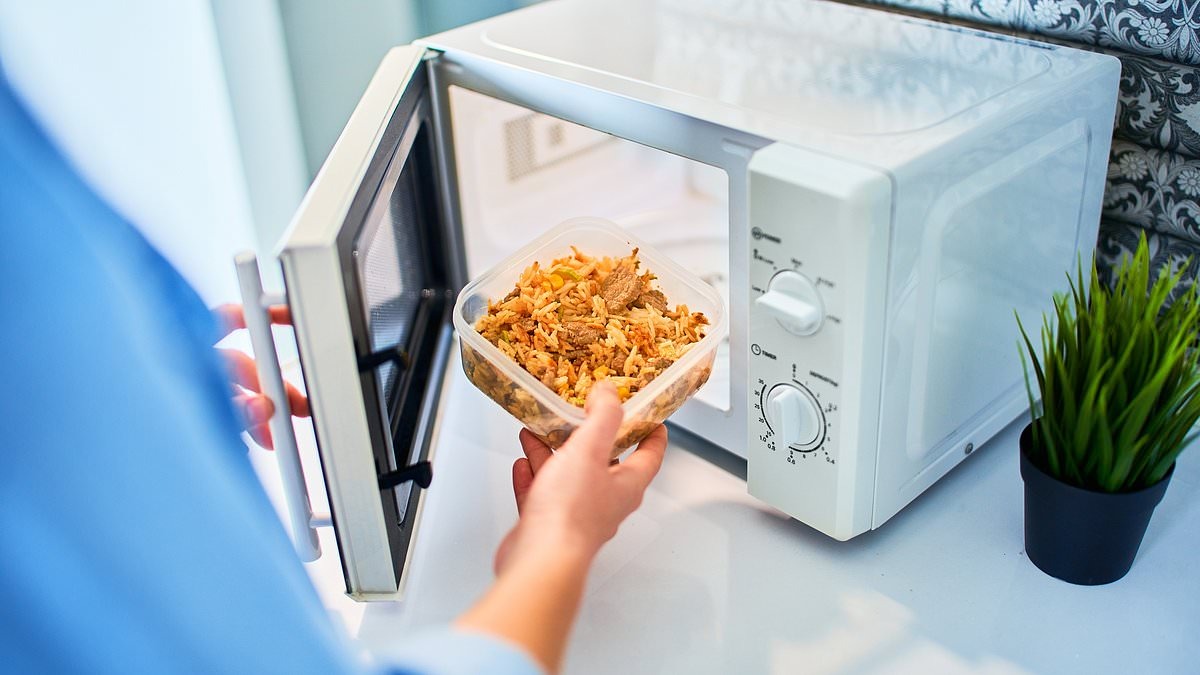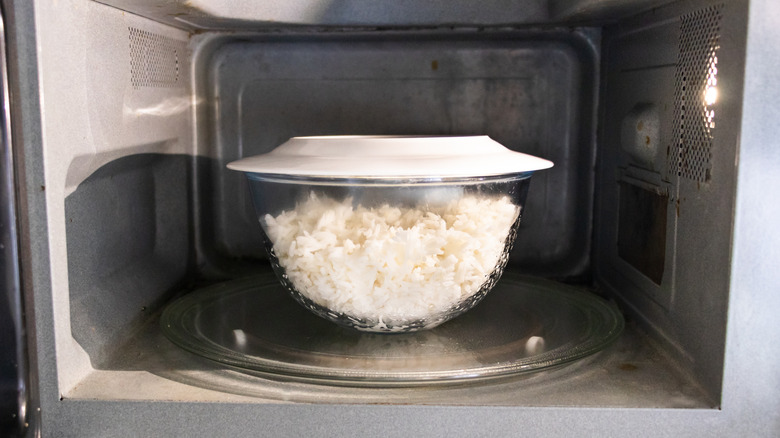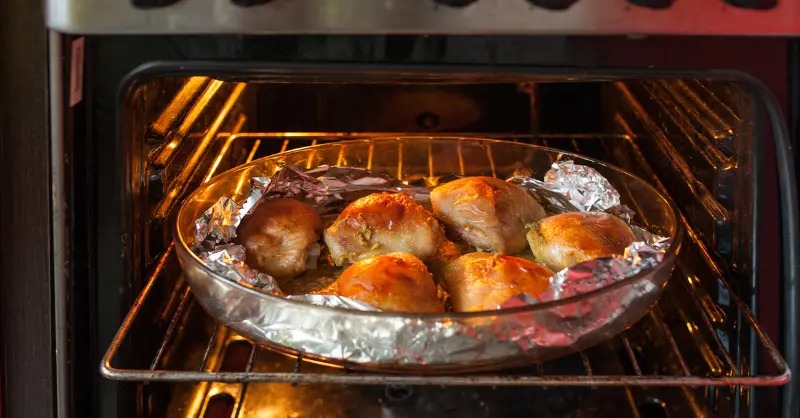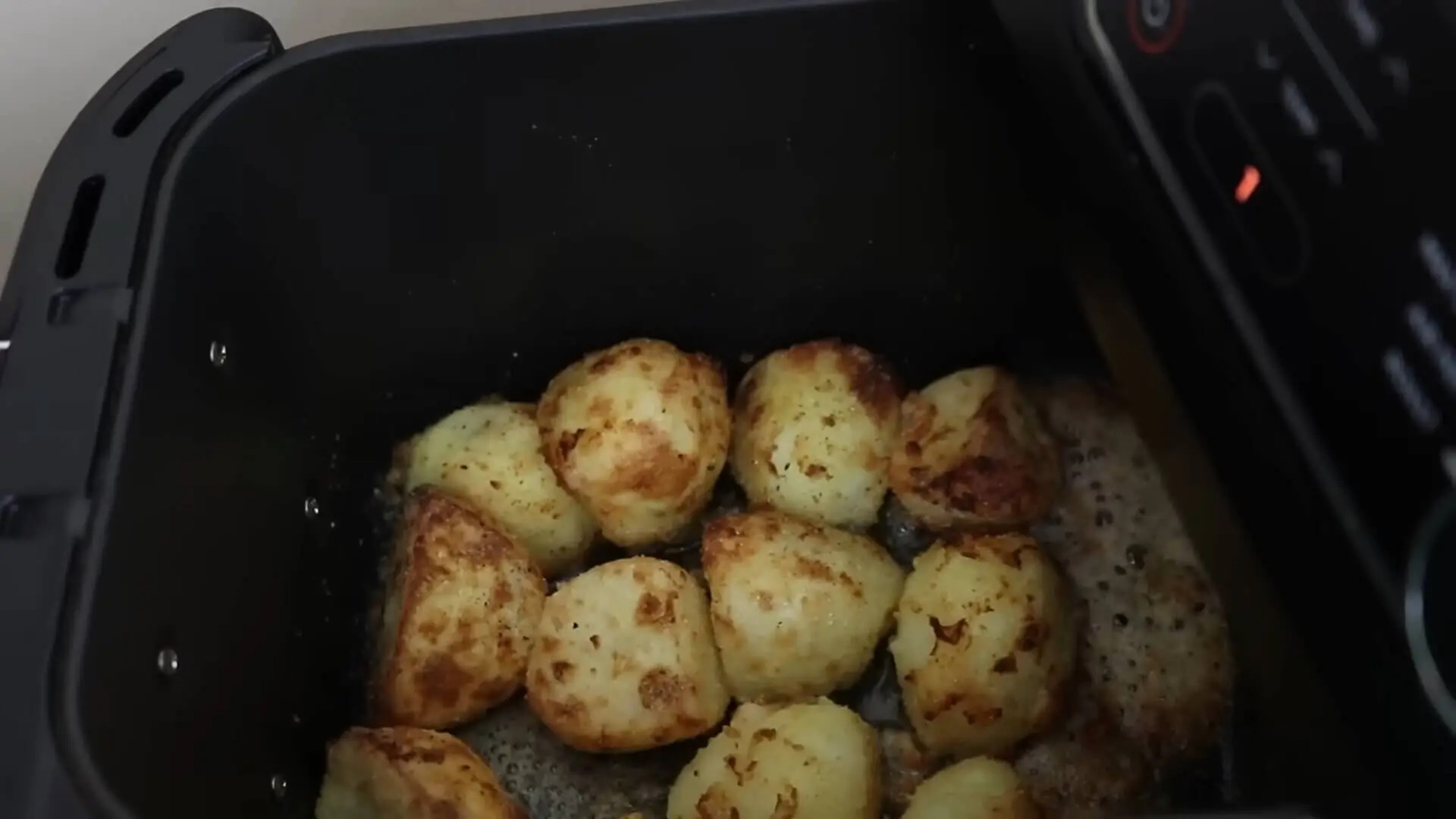
Reheating leftovers seems like a quick, practical way to save time and avoid food waste. But did you know that certain foods can become harmful to your health when reheated?
While efficiency is important, some foods can develop toxins, foster bacterial growth, or undergo chemical changes that turn them into potential health hazards when reheated.

1. Rice
Rice is one of the most common culprits behind food poisoning caused by reheating.
Why?
- Resilient bacteria: Uncooked rice can contain spores of Bacillus cereus, a bacterium that can survive cooking. If cooked rice is left out at room temperature too long, these bacteria can multiply rapidly.
- Dangerous toxins: If you reheat rice that has been sitting out, the toxins produced by these bacteria won’t be destroyed by microwave or stovetop heat.
- Health risks: These toxins can cause intense vomiting and diarrhea, especially in children or people with weakened immune systems.
Recommendation: Only cook what you’ll eat, and refrigerate leftovers within two hours of cooking. When reheating, make sure the rice is piping hot all the way through and eat it right away.

2. Chicken
Chicken is highly nutritious but becomes risky when not handled properly after cooking—especially during reheating.
- Sensitive proteins: The proteins in chicken can change structure when repeatedly reheated, which not only reduces nutritional value but can also irritate the digestive system.
- Bacterial threat: Improperly reheated chicken can harbor harmful bacteria like Salmonella or Clostridium perfringens, both of which are known to cause foodborne illnesses.
- Texture and taste: Reheating chicken too many times can dry it out, leaving it tough and flavorless.
Recommendation: Don’t reheat chicken more than once. When you do, make sure it reaches an internal temperature of at least 75°C (167°F) to ensure any bacteria are killed.

3. Spinach and Other Leafy Greens
Leafy greens like spinach are incredibly healthy, but they’re not ideal candidates for reheating.
- Nitrates and nitrites: Spinach contains natural nitrates, which, when reheated, can convert into nitrites and then into nitrosamines—compounds that are potentially carcinogenic.
- Loss of nutrients: Reheating leafy greens also destroys many of their vitamins, especially vitamin C and folic acid.
- Unpleasant taste: These veggies often develop a bitter or off flavor when reheated.
Recommendation: Only cook what you plan to eat right away, and avoid saving leftovers of leafy greens for later.
4. Eggs
Eggs are another food you should think twice about before reheating.
- Protein changes: Repeated exposure to heat can cause egg proteins to denature, making them harder to digest.
- Toxic compounds: Some studies suggest reheating eggs can create sulfur-containing compounds that smell bad and cause stomach discomfort.
- Bacterial risk: If not stored properly, cooked eggs can become breeding grounds for bacteria like Salmonella.
Recommendation: Eat eggs fresh or cold from the fridge, but try to avoid reheating them more than once.

5. Mushrooms
Delicious as they are, mushrooms aren’t the best leftovers.
- Digestive trouble: Mushrooms contain proteins that degrade when reheated, which can make them difficult to digest.
- Toxin risk: They may also develop toxins when reheated, leading to nausea or vomiting.
- Texture issues: Their soft texture often turns rubbery or hard after a second round of heat.
Recommendation: Cook only what you plan to eat in one sitting, and enjoy mushrooms freshly prepared.
6. Potatoes
Potatoes might seem like a safe food to reheat—but they can be surprisingly risky.
- Toxin-producing bacteria: Cooked potatoes left at room temperature too long can grow bacteria like Clostridium botulinum, which produces dangerous toxins.
- Storage concerns: Keeping cooked potatoes in warm environments accelerates bacterial growth.
- Serious symptoms: Botulism poisoning is extremely serious and can even be fatal if not treated promptly.
Recommendation: Always store cooked potatoes in the refrigerator and make sure to heat them thoroughly before eating. Avoid reheating them more than once.

General Tips for Reheating Food Safely
- Don’t leave cooked food at room temperature for more than two hours. Bacteria multiply quickly between 5°C and 60°C (41°F and 140°F).
- Refrigerate leftovers as soon as they cool down after cooking.
- Always reheat food to a high internal temperature—ideally over 75°C (167°F)—to kill off bacteria.
- Avoid reheating the same food multiple times. Each cycle increases the risk of bacterial growth.
- Use microwave-safe containers to avoid chemical contamination.
- Trust your senses: if something smells or tastes off, it’s better to be safe and throw it away.
While reheating food is convenient and often necessary, doing it wrong can put your health at risk. Foods like rice, chicken, spinach, eggs, mushrooms, and potatoes each come with specific concerns that make them potentially dangerous when not reheated properly.
To protect yourself and your family from foodborne illness or digestive problems, always handle leftovers carefully—store them promptly, reheat them thoroughly, and avoid repeated reheating whenever possible.